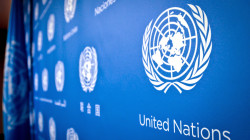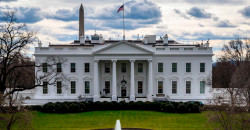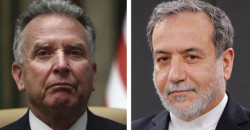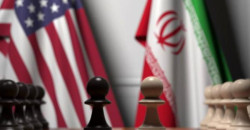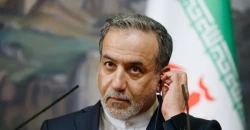IAEA inspectors leave Iran after Tehran pulls plug on cooperation
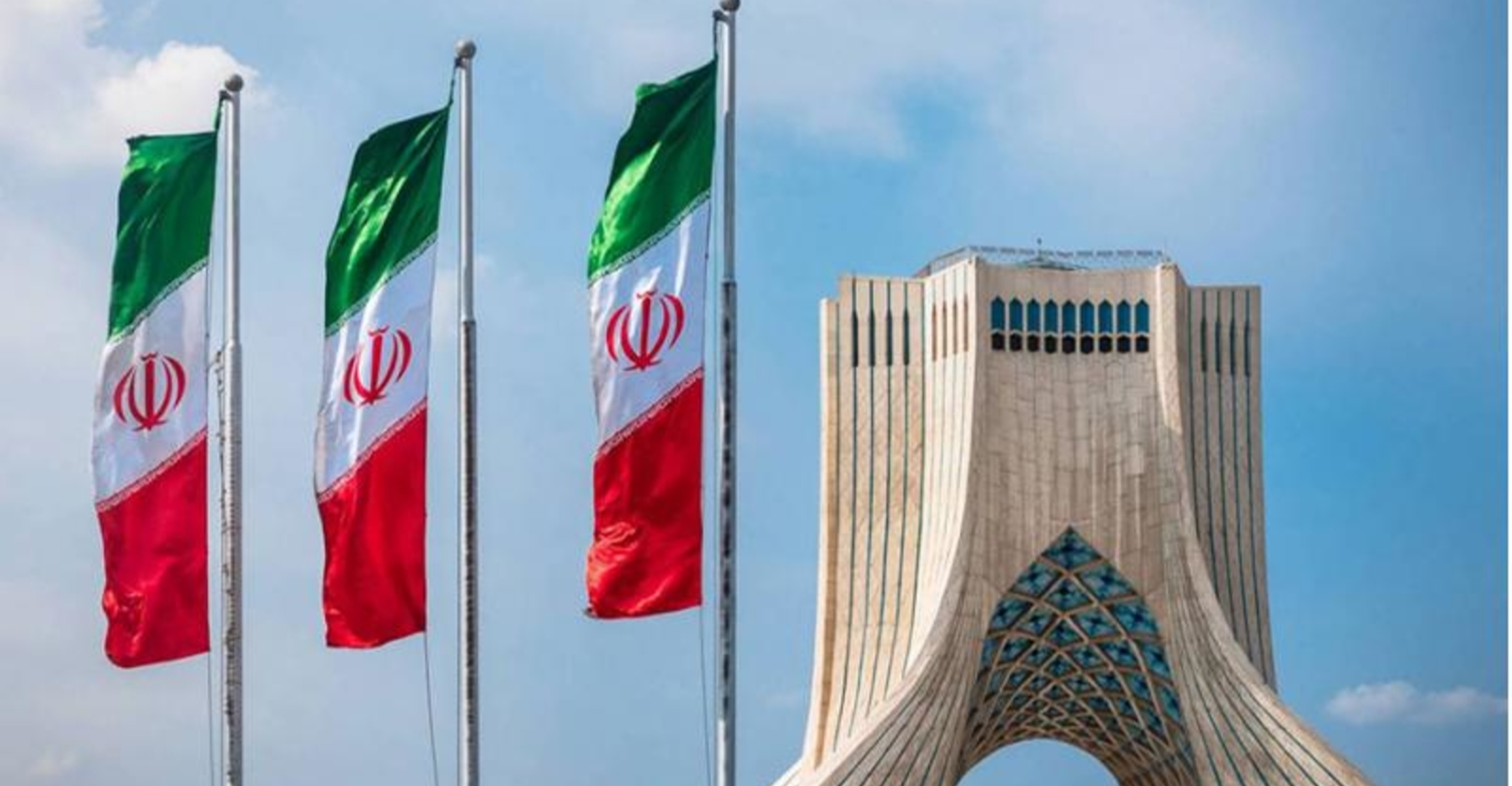
Shafaq News – Tehran/Vienna/Washington
On Friday, the International Atomic Energy Agency’s (IAEA) final team of inspectors left Iran following a period of heightened military tension.
An IAEA team of inspectors today safely departed from Iran to return to the Agency headquarters in Vienna, after staying in Tehran throughout the recent military conflict. pic.twitter.com/65YQcDL7Ik
— IAEA - International Atomic Energy Agency ⚛️ (@iaeaorg) July 4, 2025
The Iranian parliament passed a binding law on June 25 suspending oversight and inspections until safety guarantees are provided for nuclear sites and scientists. The bill, which also demands international recognition of Iran’s right to enrich uranium, was signed into law by President Masoud Pezeshkian on July 2.
The United States and Iran are preparing for a potential meeting in Oslo next week to revive nuclear negotiations, according to sources quoted by Axios.
Additionally, Iran’s Foreign Ministry reaffirmed that Washington must refrain from using military force during the negotiation period, adding that while Iran seeks a diplomatic resolution, it “requires clear answers from the United States.” The ministry also noted that Tehran will determine the steps necessary to ensure “regular and smooth cooperation with the IAEA.”
Earlier, Iranian Foreign Minister Abbas Araghchi blamed IAEA Director General Rafael Grossi in a post on X for facilitating what he called a politically driven campaign against Iran. He accused Grossi of misleading the international community by ignoring the IAEA’s previous closure of Iran’s past nuclear issues.
The Parliament of Iran has voted for a halt to collaboration with the IAEA until the safety and security of our nuclear activities can be guaranteed.This is a direct result of @rafaelmgrossi's regrettable role in obfuscating the fact that the Agency—a full decade ago—already…
— Seyed Abbas Araghchi (@araghchi) June 27, 2025
Moreover, Foreign Ministry Spokesperson Esmaeil Baqaei condemned in his post on X Grossi’s recent report as biased and dangerous, alleging it helped justify a military attack on Iran.
DG @rafaelmgrossi:“We did not have any evidence of a systematic effort [by Iran] to move into a nuclear weapon.”This is too late, Mr. Grossi: you obscured this truth in your absolutely biased report that was instrumentalize by E3/U.S. to craft a resolution with baseless… pic.twitter.com/A2cQcyqiFy
— Esmaeil Baqaei (@IRIMFA_SPOX) June 19, 2025
From April to mid-June 2025, the United States and Iran held five rounds of indirect nuclear negotiations, primarily facilitated in Muscat, Oman, and Rome. These talks, led by US Special Envoy Steve Witkoff and Araghchi, pursued a framework to revive or replace the 2015 nuclear accord under a 60-day deadline. Key issues included uranium enrichment limits, expanded IAEA monitoring, and security guarantees preventing further attacks.
However, the process was disrupted after Israel launched a surprise air campaign on June 13 targeting Iran's nuclear, military, and missile infrastructure, marking the start of a broader confrontation.
The United States joined with airstrikes on three Iranian nuclear sites—Fordow, Natanz, and Isfahan, on June 22, known as Operation Midnight Hammer. The attack forced the cancellation of a planned sixth negotiation round and escalated hostilities, though a ceasefire was declared on June 24.
